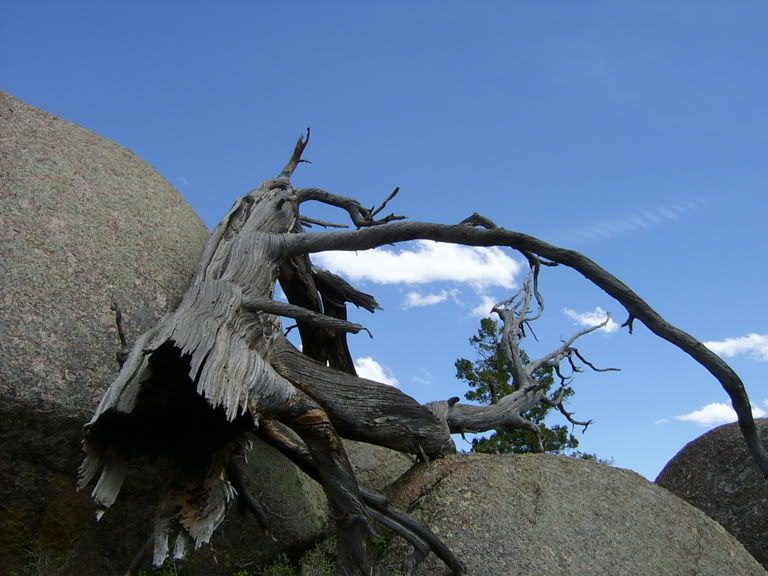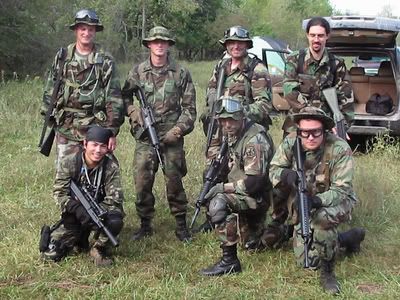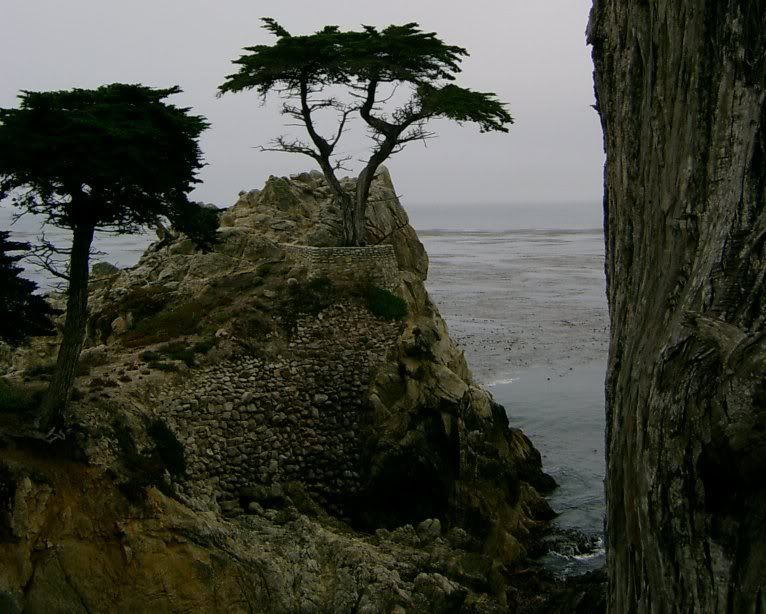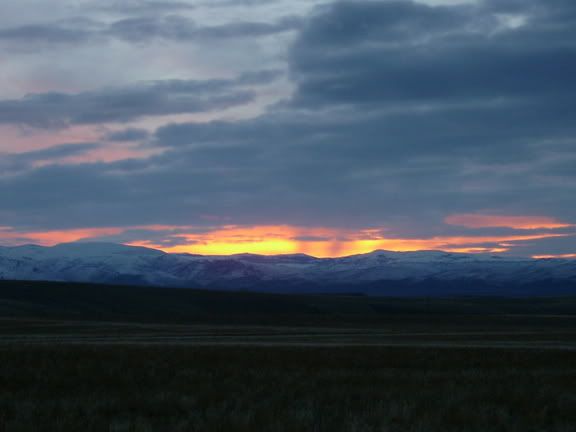Nuclear Power FAQ
What is nuclear energy?
Nuclear energy is potential energy stored within the nucleus of an atom. It is possible to split an atom (fission) to release this energy in the form of heat.
Any old atom?
Yes, but it's far easier to do with certain ones, all of which are heavy and and radioactive.
What's radioactive?
Certain atomic nuclei are not stable, like a rock at the top of an incline. These nuclei seek stability by losing energy in the form of cast off sub-atomic particles or electro-magnetic radiation. This radiation ranges from nearly harmless to fatal if exposed for too long.
If radiation can be fatal, why use radioactive stuff?
Nuclear reactors are designed to hold radiation, just like your oven holds high temperature air in. There are lots of potentially fatal energies that we rely on daily, like gasoline vapor explosions, household electricity, and microwave radiation. These things are only dangerous if left uncontained and the benefits of using these things outweigh the risks.
Can a nuclear reactor explode?
Explode like a nuclear bomb? Absolutely not. While both devices use an atomic fission reaction, a reactor uses a more stable radioactive fuel than a bomb and its design forces a slow reaction. For a nuclear reactor to explode like a bomb would be like your car suddenly turning into the Space Shuttle. Reactors and bombs are just too different to act like each other.
Now, it is possible for coolant in a reactor to be violent, just like the coolant in your car can pop the radiator cap if things go wrong. However, modern nuclear reactors are built with failsafes to contain any coolant breach.
No, nuclear reactors can't explode.
What about Chernobyl and 3-Mile Island?
Chernobyl was an example of hubris, incompetence, and bad engineering. That could not have happened in a Japanese, French, or American reactor. The Soviets cut corners and flouted common sense to build that thing. The man operating it at the time of the disaster was not very well trained and he deviated from safety rules.
3-Mile Island was caused by insufficient fail safes and unsafe operational procedures, but you'll notice people can still live near it, unlike Chernobyl. Also, nobody died. Some may dispute that claim, but I stand by it. If a dam broke, the disaster would have been far worse.
Could something like that happen again?
Anything is possible, but nuclear reactors are very evolved compared to 3-Mile Island or Chernobyl. They are far safer and most can shut down automatically if there is any sort of problem. You are more likely to be hurt by a meteor or lightning.
What about nuclear waste?
That is the biggest danger of nuclear power, but it is manageable. There are some very deep holes in the earth that are suitable to store the stuff. After all, every last gram of radioactive material that is used in a reactor came from the earth. Natural does not always mean safe. Bury that stuff deep enough and it will never trouble anyone, back where it came from.
That doesn't sound right. How much stuff are we talking about here? Isn't that just like sweeping dirt under a rug?
Yeah, there is a lot of radioactive waste. There is also a lot of underground real estate in the Nevada desert... you could drive over a disposal site and get less radiation than you would from a bucket of coal. Also, over time, radioactive waste loses its radioactivity. This can take a VERY VERY VERY long time, but it WILL happen. Also, a Japanese company has recently had some success in recycling reactor fuel. Too, the waste from nuclear reactors is dwarfed by chemical waste and coal smoke as an environmental hazard.
But this waste is still a problem!
Yeah, and the world needs energy. Let's run down what we have to get it:
Coal: as much as the technology has improved, coal contains radioactive elements that are released when it burns. Coal releases 100 times as much radiation as a nuclear power plant, watt for watt. Even with improved technology, it's still very dirty and if you don't like carbon emissions, coal is your arch enemy. Needs constant fuel supply.
Hydro: very clean, but destructive to fish populations and some riverside habitat.
Wind: only works when the wind is blowing. Very expensive to build and maintain, bad for birds, takes massive amounts of real estate.
Solar: only works when the sun is shining. Very expensive to build, very inefficient dollar for dollar. Needs lot of real estate. Works well as supplemental power, not a primary power source.
Oil: really?
Natural gas: large infrastructure required, high carbon emissions. Needs constant fuel.
Geothermal: infant technology that shows some promise. Requires massive digging operations that may destabilize seismically active pieces of land. Overall, not here yet.
Oceanic/tidal: not here yet. No viable working models yet.
Nuclear: waste is toxic, but the amount of waste versus the amount of energy generated is tiny. Plants can be very compact, posing the smallest impact of all to the environment of any available technology. Only needs fuel periodically.
You want power? You want small environmental impact? You want sustainable, clean energy? Nuclear leads the way. If France can get this right, why can't we?










 Noone and Nothing Forgotten...
Noone and Nothing Forgotten...